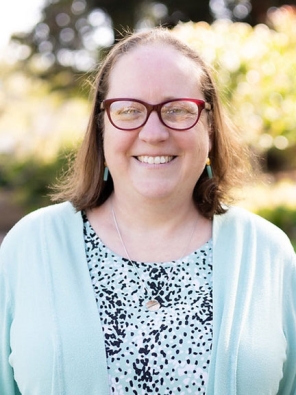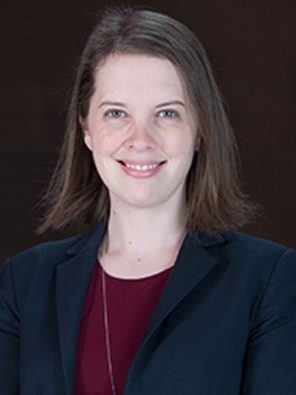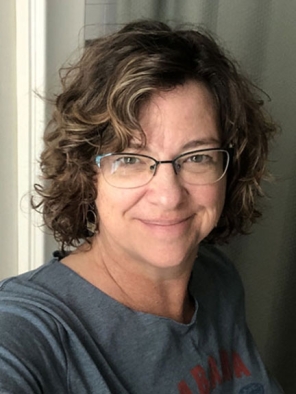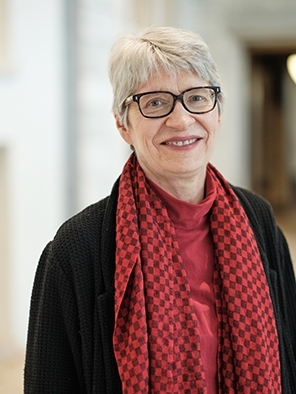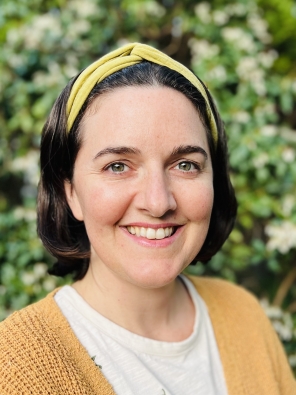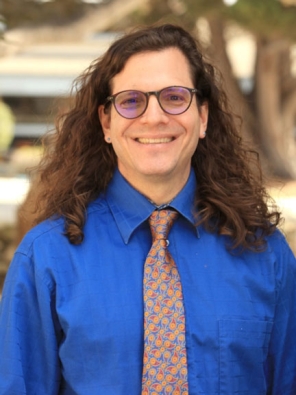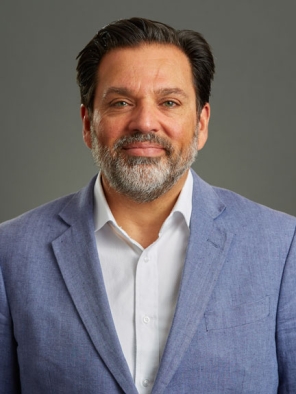Who We Are
Our leadership team is a collaborative group of faculty and staff who bring unique perspectives, experiences, skillsets, and insights to the collective work. Each pillar lead oversees a particular sphere of the work, and together they broaden and deepen the overall impact of the Collaborative’s engagement.
Core Staff
Netta Avineri
Executive Director, Kathryn Wasserman Davis Collaborative in Conflict Transformation Professor, Intercultural Communication
- Email:
- navineri@middlebury.edu
- Tel:
- (831) 647-6560
- Office:
- 400 Pacific Street E200 (MIIS) and Bowker Barn (Middlebury College)
- Office Hours:
- By appointment
Erin Anderson
Program Manager
- Email:
- erina@middlebury.edu
- Tel:
- (802) 443-2984
- Office:
- 161 Adirondack 002
Pillar Heads
The work of conflict transformation across Middlebury is overseen by five pillars of faculty and staff who administer specific programs and advise on the direction of the grant.
Emily Bartels
Dean of Bread Loaf School of English
Pillar One - High School Education
- Email:
- ebartels@middlebury.edu
- Tel:
- (802) 443-5418
- Office:
- 75 Franklin Street
Lida Winfield
Assistant Professor of Dance
Pillar Two - Undergraduate Campus Life
- Email:
- lwinfield@middlebury.edu
- Tel:
- (802) 443-5104
- Office:
- Mahaney Arts Center 204
- Office Hours:
- Spring 2026: Tuesday from 9:30-10:30 AM, Wednesday, 12:30- 1:30 PM and by appointment
Kailee Brickner-McDonald
she/her
Director, Center for Community Engagement
Pillar Three - Undergraduate Experiential Learning
- Tel:
- (802) 443-3010
- Office:
- 26 Blinn Lane, Office 202
David Wick
Associate Professor; Program Chair, International Education Management
Pillar Four - Graduate Training and Research
- Email:
- dwick@middlebury.edu
- Tel:
- (831) 647-4176
- Office:
- Casa Fuente Building CF300G
Carlos Velez-Blasini
Dean of International Programs; Professor of Psychology
Pillar Five - Global Engagement
- Email:
- velezbla@middlebury.edu
- Tel:
- (802) 443-5745
- Office:
- Sunderland Language Center 128
- Office Hours:
- Mon 1:00pm-2:00pm, Tue 10:00am-11:00am, Fri 11:00am-12:00pm
External Advisory Board
The CT Collaborative’s leadership is advised by a team of experts in the field.
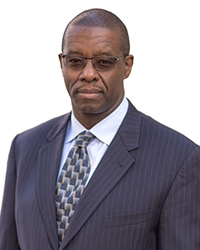
David W. Campt
David Wiley Campt, Ph.D., is founder and principal of The Dialogue Company, and is a renowned expert in inclusion and equity, cultural competence, civic engagement, and intergroup dialogue. His books include The Little Book of Dialogue for Difficult Subjects (2007) and Compassion Transforms Contempt (2020). His signature White Ally Toolkit initiative educates anti-racism allies on engaging in transformative discourse about race and other polarizing conversations.
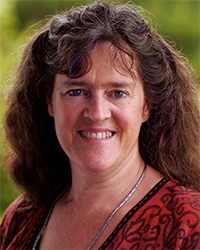
Susan Clark
Susan Clark is a writer and educator focusing on community sustainability and citizen participation, and an award-winning radio commentator and former talk-show co-host. She is co-author of Slow Democracy (2012)and of All Those In Favor: Rediscovering the Secrets of Town Meeting and Community (2015). She was awarded the 2010 Vermont Secretary of State’s Enduring Democracy Award and serves as Town Moderator of Middlesex, Vermont.
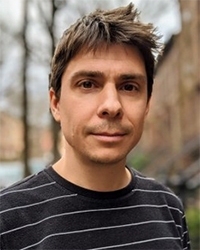
Peter Dixon
Peter Dixon is newly appointed Associate Professor of Practice in the MS program in Negotiation and Conflict Resolution at Columbia University’s School of Professional Studies. Dixon is Middlebury Class of 2001.5 and is a board member of Everyday Peace Indicators and Faculty Affiliate at the Possibility Lab at the University of California, Berkeley. He has worked for the United Nations and the International Criminal Court, and has enjoyed research appointments at conflict resolution programs at Brandeis University and George Mason University. His research intersects with the fields of transitional justice, social justice and peacebuilding both abroad and in the United States.
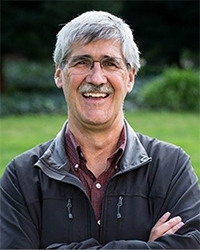
John Paul Lederach
A pioneer in conflict transformation, John Paul Lederach is involved in conciliation work in Colombia, the Philippines, and Nepal, plus countries in East and West Africa. He has helped design and conduct training programs in 25 countries across five continents. Lederach is author of two dozen books and manuals, including The Little Book of Conflict Transformation (2003), The Moral Imagination (2005), and (with Angela Lederach) When Blood and Bones Cry Out (2010).
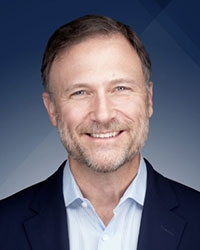
Jonathan Owsley
Jon Owsley is a Managing Partner at LCatterton focused on the growth fund. Prior to joining L Catterton, he was a consultant at The Parthenon Group, a strategy consulting firm based in Boston. At Parthenon, Mr. Owsley worked with private equity portfolio companies to drive revenue growth and profit performance through strategy formulation and operational improvements. Prior to joining The Parthenon Group, Mr. Owsley was a corporate attorney at Hale and Dorr, LLP in Boston, MA. He is a member of the Middlebury Class of 1992.
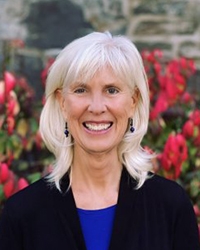
Nancy Thomas, JD, EdD, is the founding director of the Institute for Democracy & Higher Education (IDHE) at Tufts University’s Jonathan M. Tisch College of Civic Life. IDHE is an applied research center that studies, among other topics, political discourse, free speech, academic freedom, and discussion-based teaching in higher education. She is the author or editor of multiple book chapters and papers, including the monograph, Educating for Deliberative Democracy. She is a senior associate with Everyday Democracy, an advisor to the Generous Listening and Dialogue Center at Tufts University, and a member of the Scholars Strategy Network.
Former External Advisory Board Members
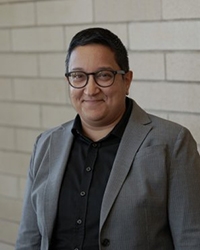
Naazneen H. Barma
Naazneen H. Barma is the founding Director of the Doug and Mary Scrivner Institute of Public Policy, Scrivner Chair of Public Policy, and Associate Professor at the Josef Korbel School of International Studies at the University of Denver. She is author of The Peacebuilding Puzzle: Political Order in Post-Conflict States (2017) and co-editor of The Political Economy Reader (2022). Barma helped found and now co-directs Bridging the Gap, an initiative devoted to enhancing the policy impact of contemporary international affairs scholarship.
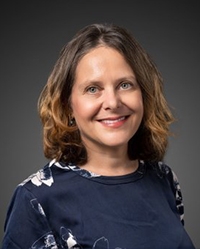
Sigal Ben-Porath
Sigal Ben-Porath is a professor of Education at the University of Pennsylvania, where she is an associate member of the philosophy and political science departments. She served as executive committee member of the Andrea Mitchell Center for the Study of Democracy, and was a fellow in residence (2020-21) at the Edmond J. Safra Center for Ethics at Harvard. Her books include Making Up Our Mind: What School Choice is Really About (2019), Free Speech on Campus (2017), and Cancel Wars (2023).


